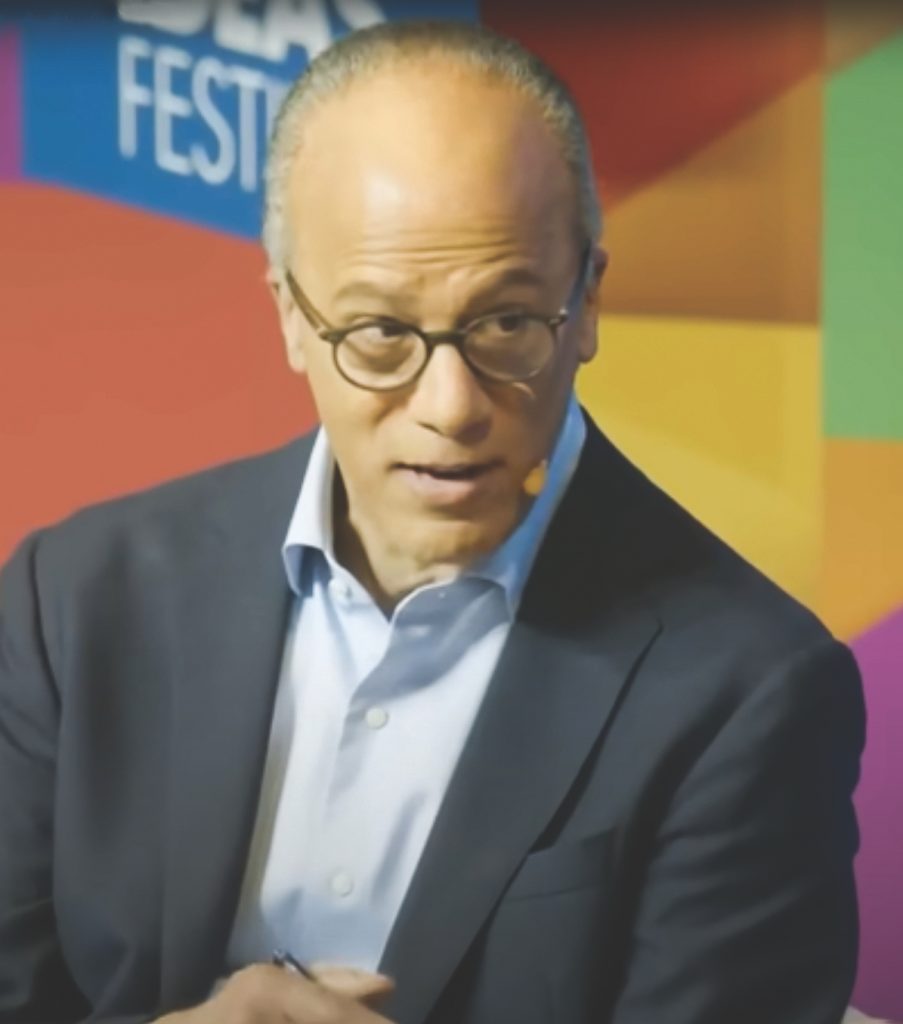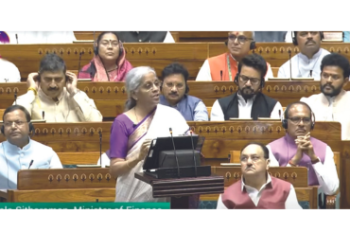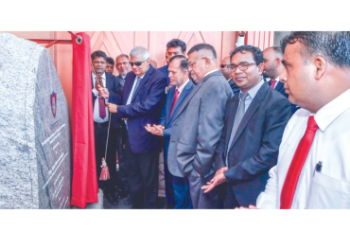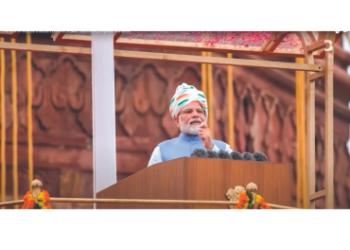June 27, 2024

Moderator Lester Holt, Sam Altman, CEO, OpenAI and Brian Chesky, CEO, Airbnb.
In a candid and insightful conversation moderated by Lester Holt, Sam Altman, CEO of OpenAI, and Brian Chesky, CEO of Airbnb, delved into the profound impact of artificial intelligence (AI) on society. This interview explored the rapid advancements in AI, the ethical considerations surrounding its use, and the future trajectory of this transformative technology.
The interview began with Lester Holt setting the stage for the discussion, highlighting the intertwined journeys of Altman and Chesky. Both leaders have played pivotal roles in their respective fields, with Altman steering OpenAI towards groundbreaking innovations in AI and Chesky revolutionizing the travel industry through Airbnb.
Altman kicked off the conversation by reflecting on the pervasive influence of AI in everyday life. He noted that most people interact with AI daily, often without realizing it. Whether through ChatGPT or other AI-driven services, these technologies are becoming integral to various aspects of modern life. Altman emphasized that AI has crossed significant thresholds, enabling computers to understand and respond to natural language, marking a notable advancement in human-computer interaction.
Altman elaborated on the concept of successive thresholds in AI development. Rather than a single momentous leap to artificial general intelligence (AGI), he envisions a series of incremental improvements. For instance, while GPT-4 can assist in cancer screening and treatment plans, future versions might contribute to discovering cures for cancer. This iterative progress underscores the transformative potential of AI in various fields, from healthcare to scientific research.
Holt steered the discussion towards the moral responsibility of AI developers. Chesky reflected on the evolution of technology from a tool perceived as inherently good to a more nuanced understanding of its potential for misuse. He recounted the lessons learned from past technological advancements, emphasizing the importance of sober, realistic approaches to new innovations. Chesky praised Altman for his cautious and transparent approach to AI development, advocating for regulation and external consultation to ensure the safe deployment of AI systems.
The conversation took a personal turn as Altman recounted his brief ousting from OpenAI. He acknowledged the anxiety surrounding AI’s future and the board’s concerns about the technology’s trajectory. Despite the challenging experience, Altman expressed optimism about the new board and their constructive approach. Chesky shared his perspective as a supportive friend, emphasizing the importance of transparency and fairness in handling such crises.
The interview also touched on the darker side of AI, including the potential for misuse in creating deepfakes and other harmful applications. Altman and Chesky both stressed the need for strong industry stances and regulatory frameworks to prevent such abuses.
They highlighted the importance of societal feedback and continuous monitoring to identify and mitigate emerging risks, particularly in the context of upcoming elections.
Holt posed questions about AI’s role in the upcoming presidential election and its broader societal implications. Altman acknowledged the unprecedented influence of AI in political processes, emphasizing the need for accurate information and preventing disinformation. Chesky added that while Airbnb might not be directly impacted by federal elections, AI’s geopolitical significance would shape the industry’s future.

Moderator Lester Holt.

Sam Altman, CEO, OpenAI.

Brian Chesky, CEO, Airbnb.
Altman addressed the economic impact of AI, speculating that AI advancements could significantly boost global GDP. While acknowledging the ambitious nature of this prediction, he emphasized the potential for AI to drive productivity and innovation across various sectors. This optimistic outlook was tempered by a recognition of the need for new economic models to ensure fair use of data and content in an AI-driven world.
The discussion shifted to the concept of artificial general intelligence (AGI). Altman clarified that AGI’s development would not be a singular event but a series of progressive advancements. He stressed the importance of transparency and collaboration within the AI community to navigate this complex journey. Chesky echoed this sentiment, highlighting the need to involve diverse stakeholders early in the process to ensure societal alignment with AI’s evolution. Chesky shared his perspective on the balance between rapid innovation and responsible regulation. He likened AI’s development to driving a fast car, emphasizing the importance of looking ahead and anticipating potential challenges. Both leaders underscored the necessity of involving society in the dialogue around AI, ensuring that technological advancements do not outpace societal understanding and control.
Holt raised questions about the insatiable demand for data in training AI models and the challenges of fair use. Altman acknowledged the complexity of this issue, predicting that the future of AI training would evolve beyond current data-intensive methods. He highlighted the need for new economic models that recognize the contributions of data creators and ensure equitable participation in AI’s benefits.
The conversation concluded with reflections on the human element in AI development. Altman and Chesky emphasized the importance of instilling positive values in AI systems and involving society in defining these values. They recognized the challenges of aligning AI behavior with diverse societal norms and the need for ongoing dialogue and adaptation.
As the interview drew to a close, Altman and Chesky shared their visions for the future. Altman expressed a desire to continue delighting users with innovative AI tools, while Chesky highlighted the potential for AI to address pressing societal issues, such as loneliness and scientific discovery. Both leaders reiterated their commitment to responsible AI development, balancing the excitement of technological progress with the imperative to safeguard societal well-being.
In this compelling conversation, Altman and Chesky provided a nuanced perspective on the transformative power of AI. Their insights underscored the importance of ethical considerations, societal engagement, and collaborative efforts in shaping the future of AI.
As AI continues to evolve, the lessons from this dialogue will be crucial in navigating the opportunities and challenges that lie ahead.
Lester Holt interviews Open AI’s Sam Altman and Airbnb’s Brian Chesky; NBC News





